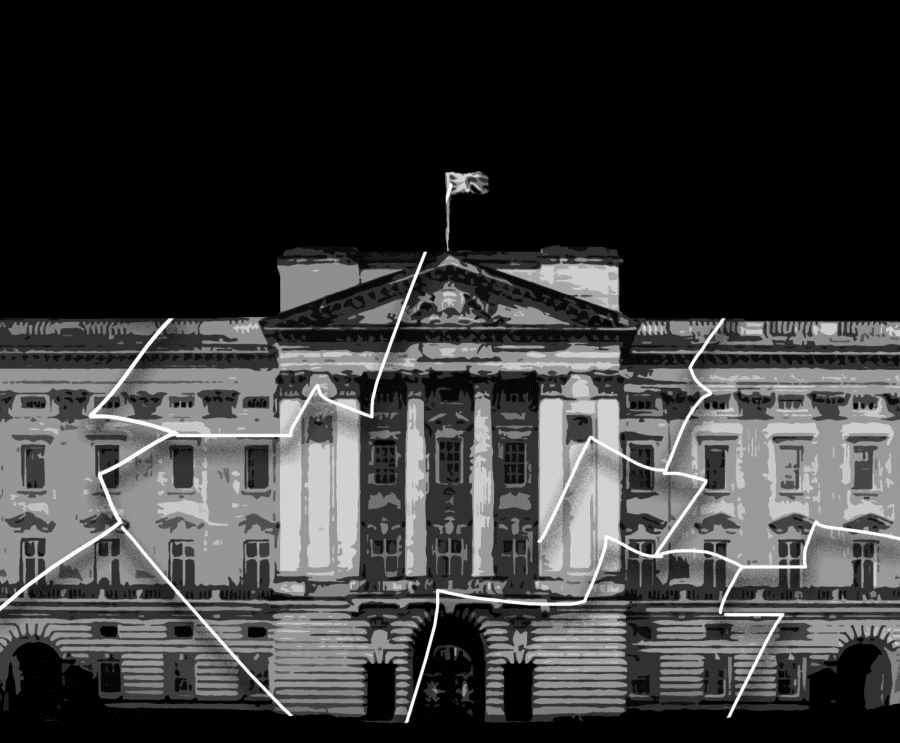Opinion | Queen Elizabeth’s death highlights monarchy’s failures
Oct 26, 2022
Trigger warning: This column includes discussions of sexual violence and torture.
The death of Queen Elizabeth Ⅱ, the longest-serving monarch in British history, has rattled the United Kingdom and unsettled people all over the world. She was alive during several historical events and, for many, she is older than their grandparents.
While approximately 43 countries have a monarchy, the British monarchy is the most well known. Now that the shockwaves of the Queen’s death are starting to settle, many are examining the state of the British monarchy and whether it is a necessity in the 21st century.
The British monarchy is of antiquity. It has a vast colonial and imperial legacy that is stained with blood and violence. While many countries have taken part in colonialist practices, a large number of such practices have been dismantled and power has, for the most part, been distributed fairly.
The late Queen Elizabeth herself was a perpetrator of colonialist practices and, until her death, still had 14 overseas territories under her authority.
Get The Daily Illini in your inbox!
A particularly unforgettable period of violence conducted under the Queen’s reign and approval was the Mau Mau uprising in Kenya. Between 1952 to 1960, British soldiers were ordered to force Kenyans to submit to British rule through atrocious methods such as “torture (and) rape” when they were met with dissent.
After the war, it was reported that the British forces made efforts to destroy evidence of their wrongdoings and crimes. The tragedy continues to be shrouded in obscurity as the history of the uprising is not taught in schools’ colonized style of history.
The Mau Mau uprising is just one of many examples of the harm the monarchy inflicted upon other countries in an effort to expand the British empire. While many are saddened by the Queen’s death, this event should not be used as an excuse to sanitize the grotesque. Horrors committed in the name of preserving the British monarchy need to be addressed despite the recent tragedy.
The U.K. has been shifting toward a more democratic way of life since 1801 with the creation of Parliament. Parliament consists of a Prime Minister, the Speaker of the House, lawmakers and representatives from each area of the U.K. The head of Parliament is the monarch whose role is “mainly ceremonial” as they simply oversee the proceedings and sign laws. With the way the world as a whole is shifting towards democracy, especially within the U.K. itself, the monarchy’s importance is depleting steadily.
Monarchism is an elitist system that is designed to benefit only those who are lucky enough to be born into it. Those who are a part of the bloodline are thrust into a life of fame, riches and a level of power no single person should possess unless it is heavily regulated.
It’s true that the Royal Family has some good contributions to society — they’re well known for their charitable donations and fundraisers. But there doesn’t need to be a monarchy for that to happen.
There are others who have inherited their money over a period of succession and donated that money to charitable organizations, but they don’t sit on a throne stained with a history of slavery and imperialism.
In a world in which democracy has mostly become the norm, why is such a large and successful country still operating under these imperial confines?
While the desire for familiarity and tradition is understandable, monarchy isn’t the best course of action in our dynamic world.
Safia is a freshman in LAS.






